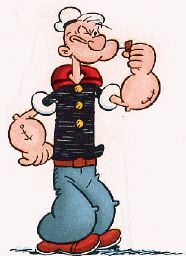|
But if you ask instead "How can I ever not know who I really am?", that's a much more powerful question which elicits many, many answers, the first of which is the obvious (and clearly direct) "because I don't live inside an inquiry into who I really am"; the second of which is the less obvious (and more rigorous) "because I've not begun to distinguish what I believe automatically from what I know, nor to distinguish what I don't know from what I don't know I don't know".
Although I get lots and lots and lots of answers when I inquire into what I don't know I don't know, none of those answers tell me who I really am. Yet here's where an interesting thing happens. It's in fleshing out what I don't know I don't know that I find out who I really am.
